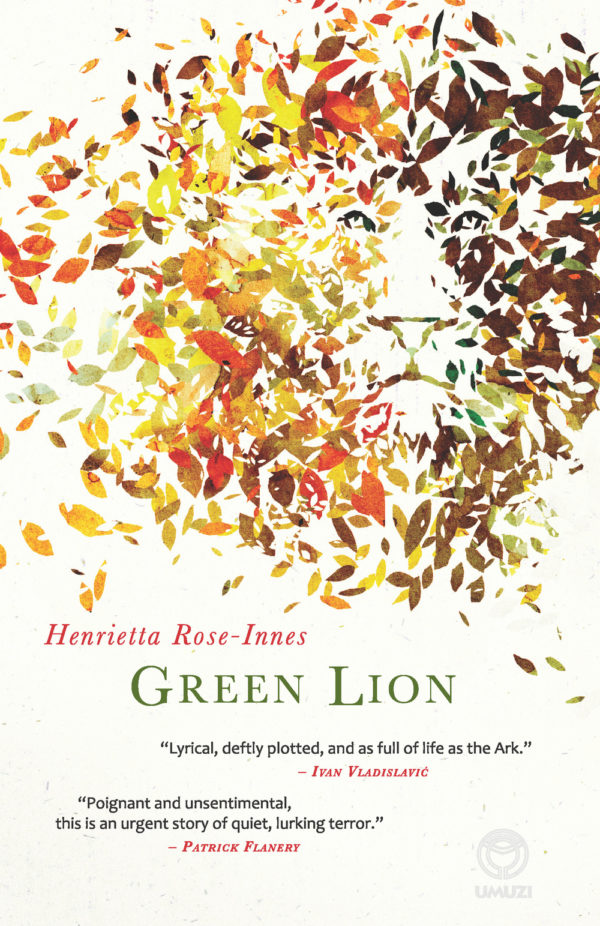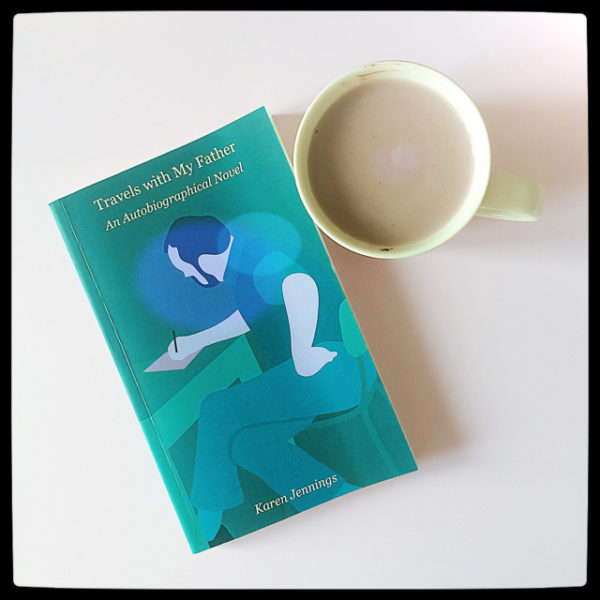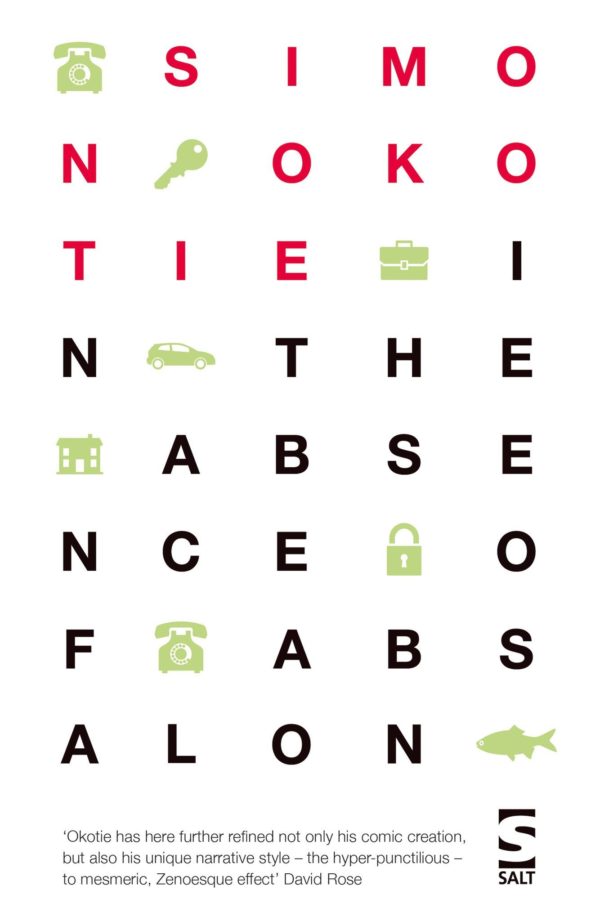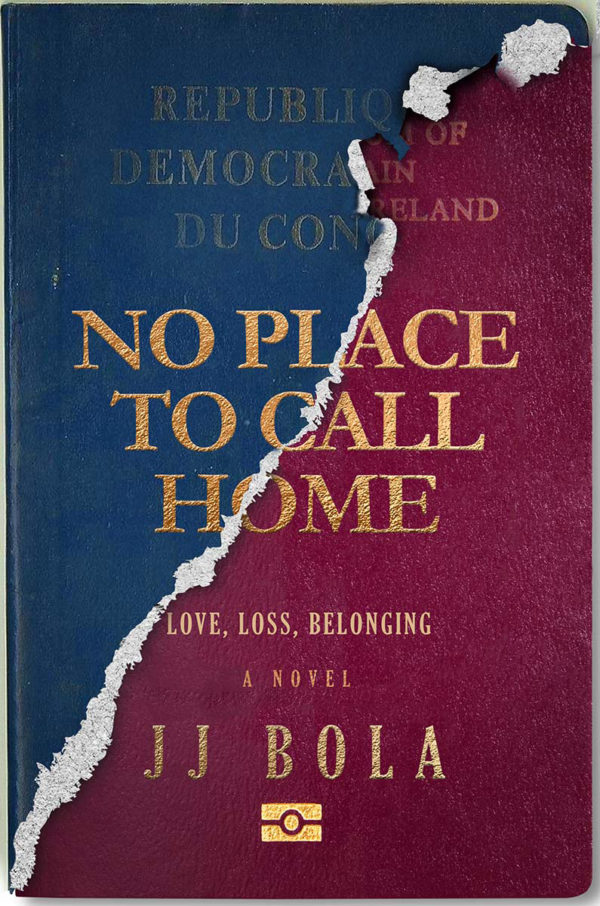
After months of African books picking, or having a run at, major international prizes left and right—Yaa Gyasi’s Homegoing won the NBCC’s John Leonard Prize, the PEN Hemingway award for debut fiction and an American Book Award; Imbolo Mbue’s Behold the Dreamers won the PEN/Faulkner Award for Debut Fiction; Chimamanda Adichie’s Dear Ijeawele won the Le Grand Prix De L’héroïne Madame Figaro; Jose Eduardo Agualusa’s A General Theory of Oblivion won the International Dublin Literary Award for which Chinelo Okparanta’s Under the Udala Trees and Mia Couto’s Confessions of a Lioness had been shortlisted; Ayobami Adebayo’s Stay With Me was shortlisted for the Baileys Prize, with Yewande Omotoso’s The Woman Next Door longlisted—after all these, it came as a bit of surprise that the 2017 Booker Prize longlisted no Africans.
However, the 2017 Not The Booker Prize, a shadow award voted for by The Guardian readers, has chosen four African novels for its longlist. 2007 Caine Prize winner Henrietta Rose-Innes’s Green Lion and Karen Jennings’s Travels with My Father, both from South Africa, Congolese JJ Bola’s No Place to Call Home, and Nigerian-English Samuel Okotie’s In the Absence of Absalon joined more than 150 other books on the longlist. Readers who are suspicious of mainstream literary prizes can trust these selections chosen by fellow readers.

An Amazon description of Henrietta Rose-Innes’s Green Lion:
When a lion at a breeding park mauls an old school friend of his, Con steps in as the keeper of Sekhmet, the last remaining black-maned lioness in the world.
In a Cape Town where fences keep people and wildlife apart, park officials and investors fret about their flagship big-cat project. And while Con grows steadily more bonded to his enigmatic charge, a cult of animal lovers with obscure alchemical aims seeks to claim the lioness as their own.
When she escapes, Sekhmet engulfs the city’s imagination, stirring up rumours of terror and magic. In Con’s quest to track her down, he must enter the wilderness of a cordoned-off Table Mountain – and his own dark history.
Henrietta Rose-Innes’s novel Green Lion gleams with stylistic precision as myth and reality fuse in a story that sparks off the page.

An Amazon description of Karen Jennings’s Travels with My Father:
Travels with My Father is a beautifully written autobiographical novel. Written from the point of view of a young woman, daughter and writer, it is a frank, yet delicate and moving, account of her relationship with her father and his influence on her own life.In the footsteps of her father, the author travels the world. Yet, key scenes are set in Plumstead, a suburb of Cape Town, where her father lived most of his life.The relationships and divisions between members of a family that does not wear its heart on its sleeve, and some of whom are real eccentrics, are sensitively recorded. It all adds to an intricate picture of a changing South African society.

An Amazon description of Simon Okotie’s In the Absence of Absalon:
In the Absence of Absalon revolves around an unnamed investigator, a set of keys and a townhouse. He is investigating a series of disappearances: of his colleague, Marguerite; of Harold Absalon, the Mayor’s transport advisor, whose disappearance Marguerite had been investigating prior to his own disappearance; of Richard Knox, the owner of the townhouse, who had fallen out with Absalon before disappearing; and of Absalon’s wife Isobel, who is glimpsed, partially undressed, in an upper storey bedroom as the investigator approaches.
Pursued from all sides and seemingly losing his mind, what the investigator discovers, as he enters the house, is both familiar and utterly devastating.

An Amazon description of JJ Bola’s No Place to Call Home:
Jean starts at a new school and struggles to fit in. He develops an unlikely friendship with rowdy class mate James, who gets him into a string of sticky situations; fights, theft, and more. At home, his parents, Mami and Papa, who fled political violence in Congo under the dictatorial regime of Le Marechal, to seek asylum as refugees – which Jean and his star-student little sister, Marie, have no knowledge of – pressure him to focus on school and sort his act out. Jean is then suspended, and Marie, who usually gets on his nerves, helps him keep his secret, which draws them closer together.
As the family attempts to integrate and navigate modern British society, as well as hold on to their roots and culture, they meet Tonton, a sapeur, womaniser, alcohol-loving, party enthusiast, who, much to Papa’s dislike, after losing his job, moves in with them. Tonton introduces the family – via his church where colourful characters such as Pastor Kaddi, Patricia and Nadege congregate – to a familiar community of fellow country-people, making them feel slightly less alone. They begin to settle, but the reality of their situation unravels a threat to their future, whilst the fear of uncertainty remains.
With colourful characters and seamless prose, No Place To Call Home is a tale of belonging, identity and immigration, of hope and hopelessness, of loss –not by death, but by distance– and, by no means the least, of love.
Congratulations to Henrietta, Karen, JJ Bola and Okotie.
See the other longlisted books HERE.
Meanwhile, the shortlist has been announced.









COMMENTS -
Reader Interactions